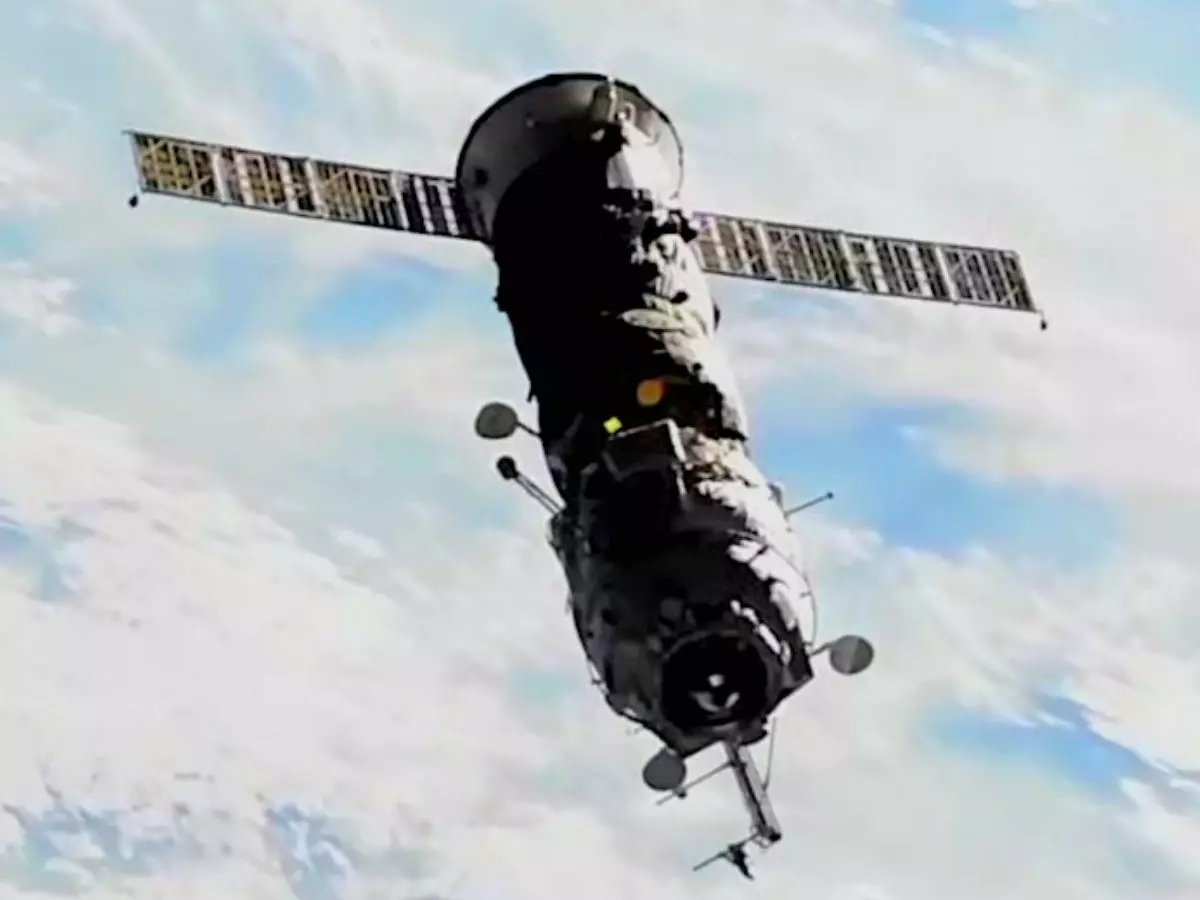A Part Of Space Station Slowly Faded Away And Died, After 20 Years Of Service
The Pirs module arrived in space in the year 2001 as one of the initial modules that gave birth to the International Space Station as we know it.

Yesterday, astronauts aboard the International Space Station bid goodbye to an integral part of the space station as Russian module Pirs was detached and taken away for its final journey.
 ESA/NASA
ESA/NASA
The module was attached to a Russian Progress cargo vehicle that towed the detached module away from the ISS and threw it into Earth's atmosphere where the entire module disintegrated and shattered into pieces upon re-entry on the planet.
The progress module was attached to make sure the re-entry of the module is safe and enable thorough disintegration of the module to prevent harm to individuals on the planet.
The video shows the module slowly approaching Earth as the sun shines on it one last time.
The Progress cargo ship carrying the Pirs module away from the International Space Station completed a burn to depart the vicinity of the complex.
¡ª Spaceflight Now (@SpaceflightNow) July 26, 2021
That sets the stage for a deorbit burn at 10:01am EDT (1401 GMT), soon followed by a destructive re-entry.https://t.co/lYliaJtblF pic.twitter.com/FUNwjggMRT
Astronauts described the descent as fireworks in Earth's atmosphere as extreme heat disintegrated each and every part of the module. This also marked the very first time such a large component of the ISS to be discarded.
European Space Agency astronaut Thomas Pesquet, while sharing images of the descent said in a statement (highlighted by Space.com), "Quite a strange feeling to see a part of your ship fly away in mid-air (so to speak ¡ª no atmosphere here duh). We clearly saw smaller pieces float away from the main fireworks, as the ship was being destructed by the heat of atmospheric friction. Quite the show!"
 ESA/NASA
ESA/NASA
The Pirs module arrived in space in the year 2001 as one of the initial modules that gave birth to the International Space Station as we know it. The module had served as a port to the space station for two decades, had hosted over 70 different capsules and was home to Russian cosmonauts, enabling them to conduct their extravehicular activities or spacewalks.
In case you were wondering why they let go of Pirs, it's because they were making room for a new module made by the Russian space agency, dubbed 'Nauka', that was launched on July 21 and is expected to attach to the space station tomorrow, July 29.
